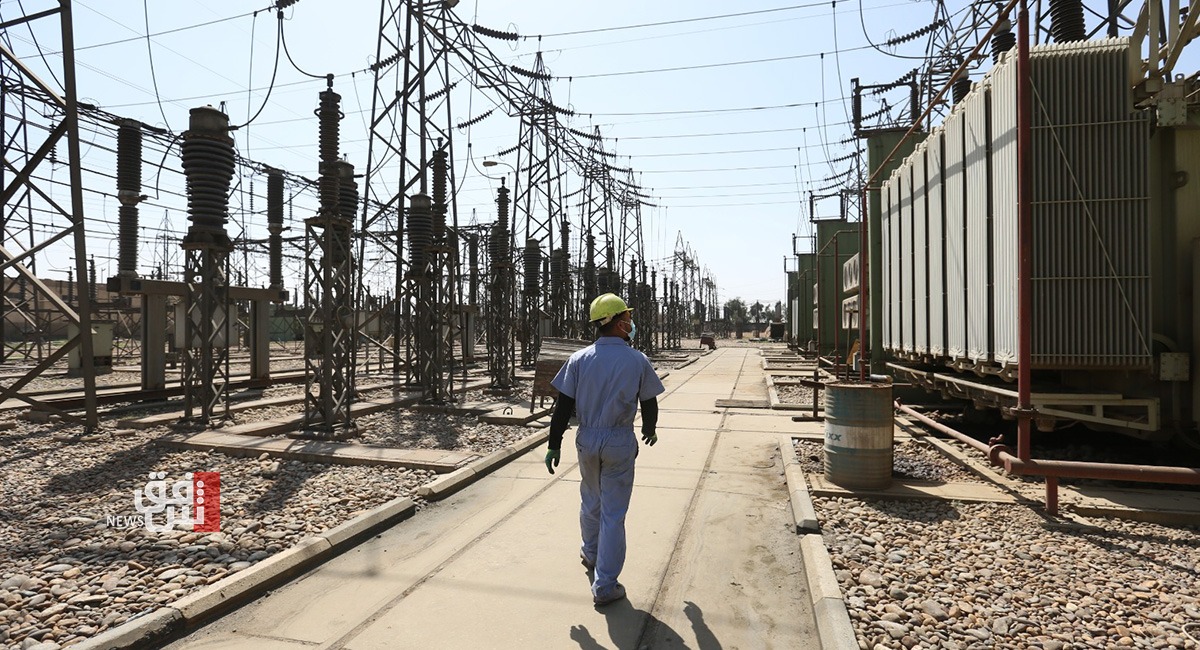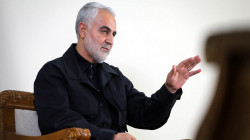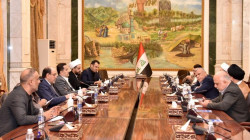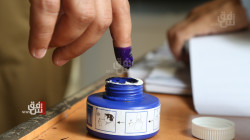Iranian electricity lines in Diyala Restored after two-day disruption

Shafaq News/ On Thursday, electricity lines from Iran, serving Diyala governorate, have resumed operation following a two-day interruption.
A source from the Electricity Directorate confirmed to Shafaq News Agency, "The electrical connection lines originating from Iran are now back in operation in Diyala after an abrupt halt that occurred on Tuesday."
"The processing hours will gradually return to their previous levels, leading to an improvement in the electricity situation within the governorate in the upcoming hours."
A sudden and complete halt in Iranian gas supplies has plunged parts of Iraq into darkness, the country's Ministry of Electricity confirmed on Wednesday evening.
This unexpected disruption, attributed by Iranian authorities to a domestic cold wave which, affected that power production capacity.
The central Euphrates and Baghdad governorates are experiencing the most of the impact, with reduced electricity loads and a combined loss of approximately 4,000 megawatts. This translates to widespread power outages for residents in these areas, a statement by the ministry said, since "all electricity transmission lines between Iraq and Iran are currently suspended."
Despite this recent setback, the Ministry of Electricity assured it is "actively collaborating" with the Ministry of Oil through a "dedicated operations room" to find alternative solutions to compensate for the lost Iranian gas. According to the statement, this involves identifying and utilizing domestically produced fuel and gas sources whenever feasible.
This development follows earlier reports from Tuesday indicating that the declining electricity supply in Baghdad and other governorates is already linked to the Iranian gas issue. Since then, imported electricity lines from Iran have been out of service, plunging Diyala into darkness as well.
It is noteworthy that the electricity infrastructure in Iraq has suffered from inadequate maintenance since the 1980s. Power outages are part of daily life in Iraq, but older generations can vividly recall a bygone era under the previous regime when electricity was stable and consistent. Before the 1980s, Iraq boasted one of the most developed energy sectors in the region.
Following the eight-year-long war with Iran, the decline in oil revenue reduced the Iraqi government's spending on public services. The 1990 Gulf War, coupled with the sanctions that followed, devastated state infrastructure, particularly the electric grid and water networks. By the end of the 1990s, most Iraqis did not have consistent access to electricity or water.
Now, two decades after the 2003 US invasion, Iraq has failed to see improvements in the electricity infrastructure. Although the disparity between supply and demand is widening due to population increase and rising temperatures, corruption remains the largest obstacle to a reliable electricity grid.
Despite being OPEC's second-largest producer, Iraq relies on Iran for nearly a third of its electricity, though this is often subject to interruptions. For instance, when Iran reduced gas supplies from 50 million cubic feet to 8.5 million cubic feet because of unpaid bills, widespread electricity shortages struck central and southern Iraq.
Iraq's proven gas reserves are the twelfth-largest in the world, but the country lacks the means to efficiently capture natural gas and leverage the resource into electricity. The country flares huge quantities of methane gas associated with oil and gas extraction. According to the World Bank, Iraq is one of seven countries that account for roughly two-thirds of global gas flaring. In 2022, Iraq was the second-largest source of gas flaring worldwide, second only to Russia. Last year, Iraqi government signed a deal with TotalEnergies to help the country harness the natural gas emitted by its oil wells, achieve a more balanced energy portfolio, and address some of its domestic electricity shortages.
It would also be significantly cheaper for Iraq to harness its own gas rather than to continue with its current agreement with Iran. According to Iraqi Oil Minister Ihsan Ismael, Iraq pays Iran $8 per million British thermal units (BTU) for Iranian gas. By comparison, it is estimated that it would cost the government less than $2 BTU to produce Iraqi natural gas.





